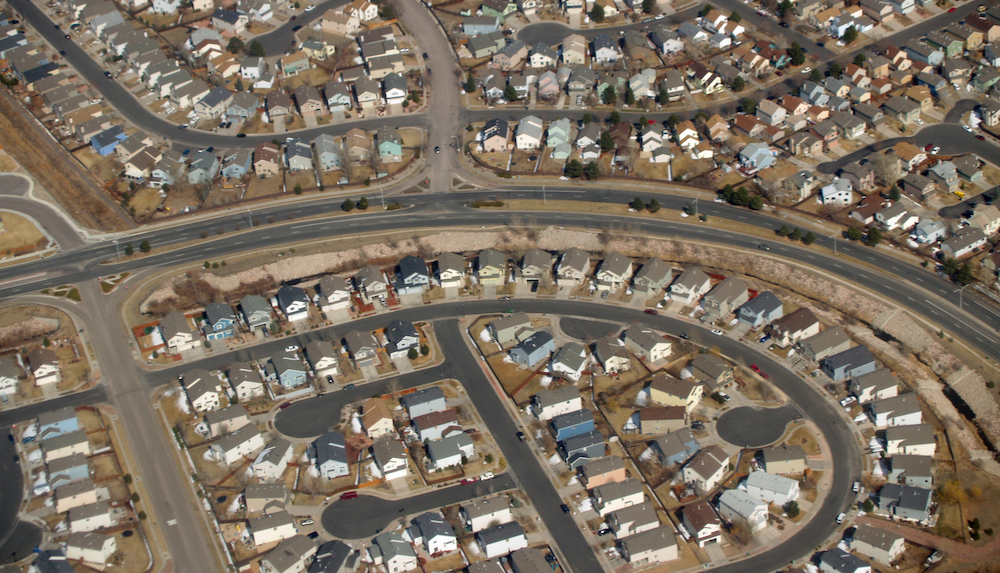The non-profit organization EcoDistricts has launched EcoDistricts Protocol, a process-based framework and performance standard that empowers sustainable neighborhood- and district-scale urban development.
The Protocol is structured around three core areas:
- Three Imperatives: Social, economic, and environmental sustainability is at the center of neighborhood initiatives. These include Equity, Resilience, and Climate Protection.
- Six Priorities: Six rigorous goals, 49 objectives, and 94 indicators are used to scope and define a district’s sustainability agenda. These include: Place, Prosperity, Health + Wellness, Connectivity, Living Infrastructure, and Resource Restoration.
- Three Implementation Phases: A framework sets the conditions for sustained, scalable, outcomes that address the Protocol’s Imperatives and Priorities and meet the specific needs of the district over time. These phases include Formation, Roadmap, and Performance.
“The EcoDistricts Protocol represents an important tool to help city leaders think about sustainability in an integrated way and at a scale that is truly effective,” said Joel Mills, senior director, Communities by Design, The American Institute of Architects. “Using the EcoDistricts Protocol, cities can build momentum for scalable change that transforms urban sustainability and positions communities for success in the 21st century.”
Related Stories
| Aug 10, 2022
U.S. needs more than four million new apartments by 2035
Roughly 4.3 million new apartments will be necessary by 2035 to meet rising demand, according to research from the National Multifamily Housing Council (NMHC) and National Apartment Association.
| Aug 9, 2022
Work-from-home trend could result in $500 billion of lost value in office real estate
Researchers find major changes in lease revenues, office occupancy, lease renewal rates.
Legislation | Aug 8, 2022
Inflation Reduction Act includes over $5 billion for low carbon procurement
The Inflation Reduction Act of 2022, recently passed by the U.S. Senate, sets aside over $5 billion for low carbon procurement in the built environment.
Legislation | Aug 5, 2022
D.C. City Council moves to require net-zero construction by 2026
The Washington, D.C. City Council unanimously passed legislation that would require all new buildings and substantial renovations in D.C. to be net-zero construction by 2026.
| Aug 4, 2022
Newer materials for green, resilient building complicate insurance underwriting
Insurers can’t look to years of testing on emerging technology to assess risk.
Codes and Standards | Aug 3, 2022
Some climate models underestimate risk of future floods
Commonly used climate models may be significantly underestimating the risk of floods this century, according to a new study by Yale researchers.
Codes and Standards | Aug 2, 2022
New tools help LEED projects reach health goals
The U.S. Green Building Council now offers tools to support the LEED Integrative Process for Health Promotion (IPHP) pilot credit.
Codes and Standards | Jul 29, 2022
Few projects and properties are being built beyond code
Clients and architects disagree on how well building to code provides resilience, according to a recent report by the American Institute of Architects (AIA) in partnership with Owens Corning.
Multifamily Housing | Jul 28, 2022
GM working to make EV charging accessible to multifamily residents
General Motors, envisioning a future where electric vehicles will be commonplace, is working to boost charging infrastructure for those who live in multifamily residences.
Codes and Standards | Jul 27, 2022
Biden administration proposes drastic flood insurance reform
The Biden administration’s proposed major overhaul to the National Flood Insurance Program, or NFIP, would drastically alter how Americans protect homes and businesses against flooding.

















